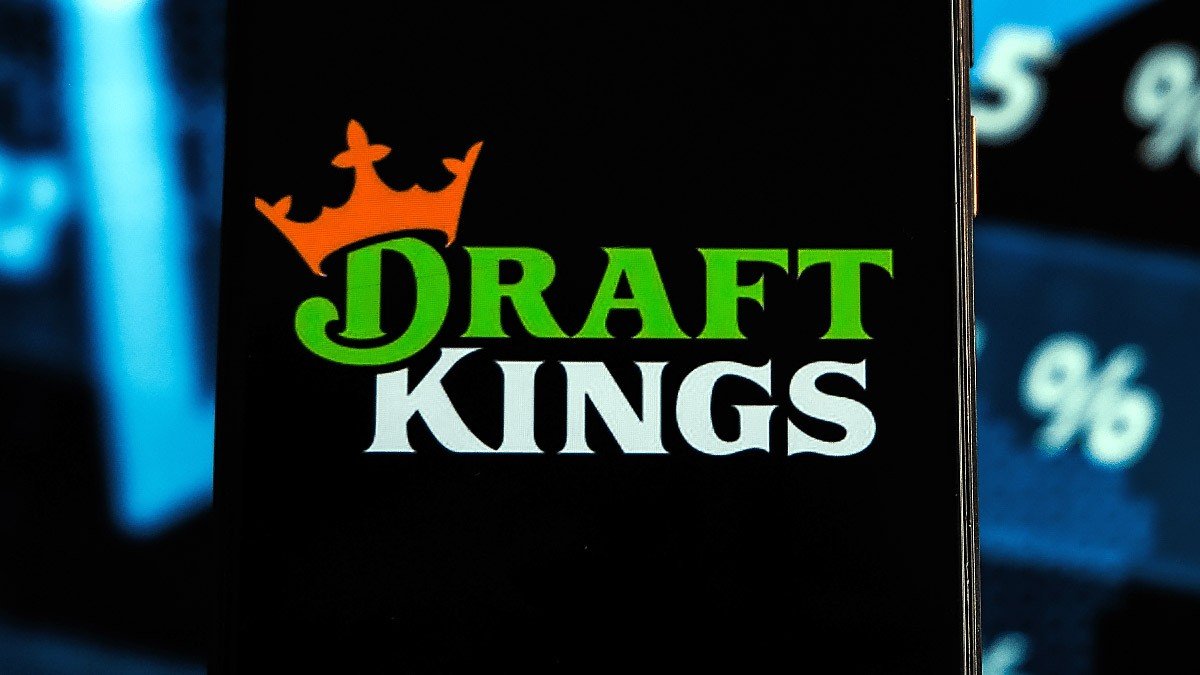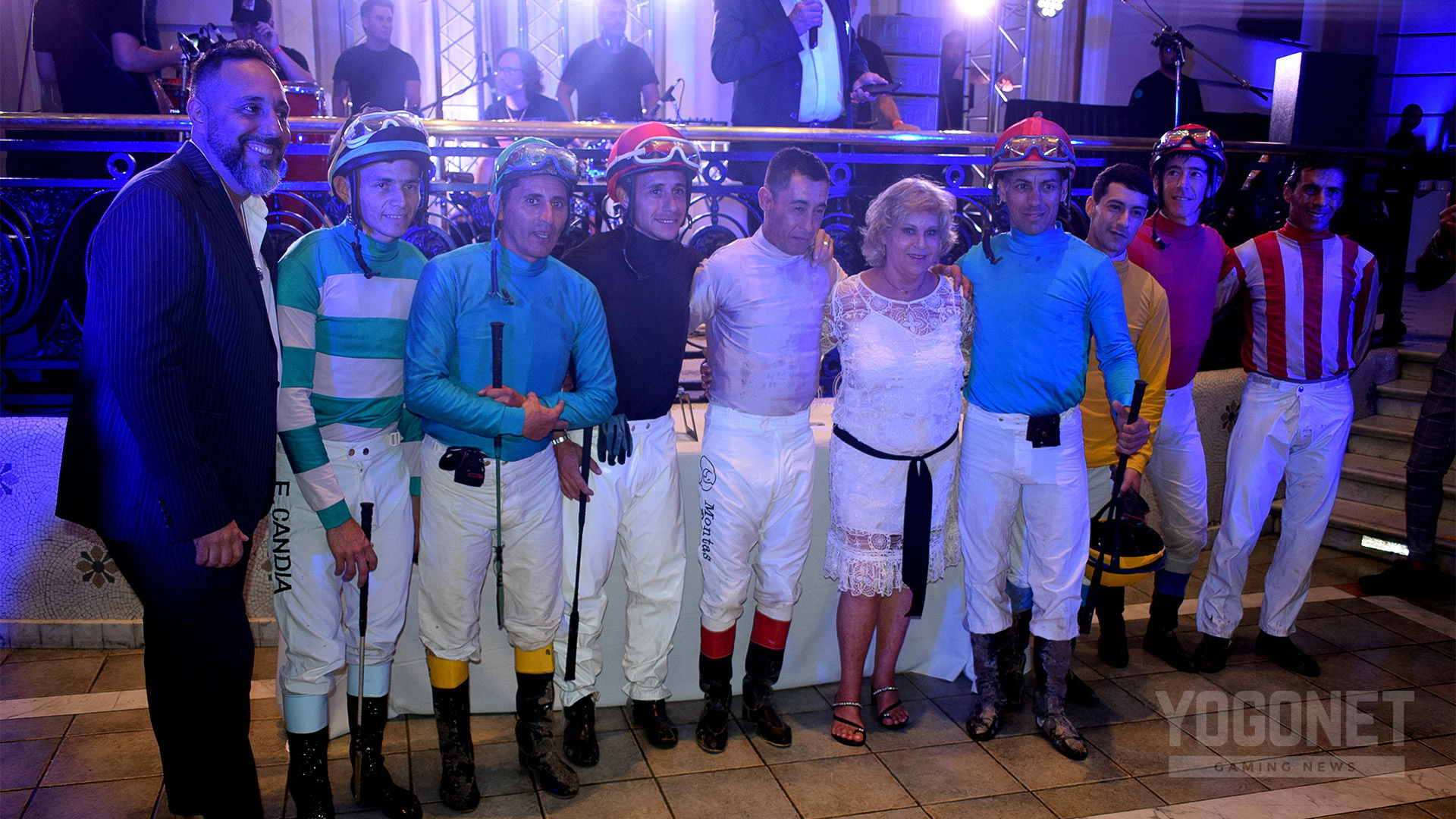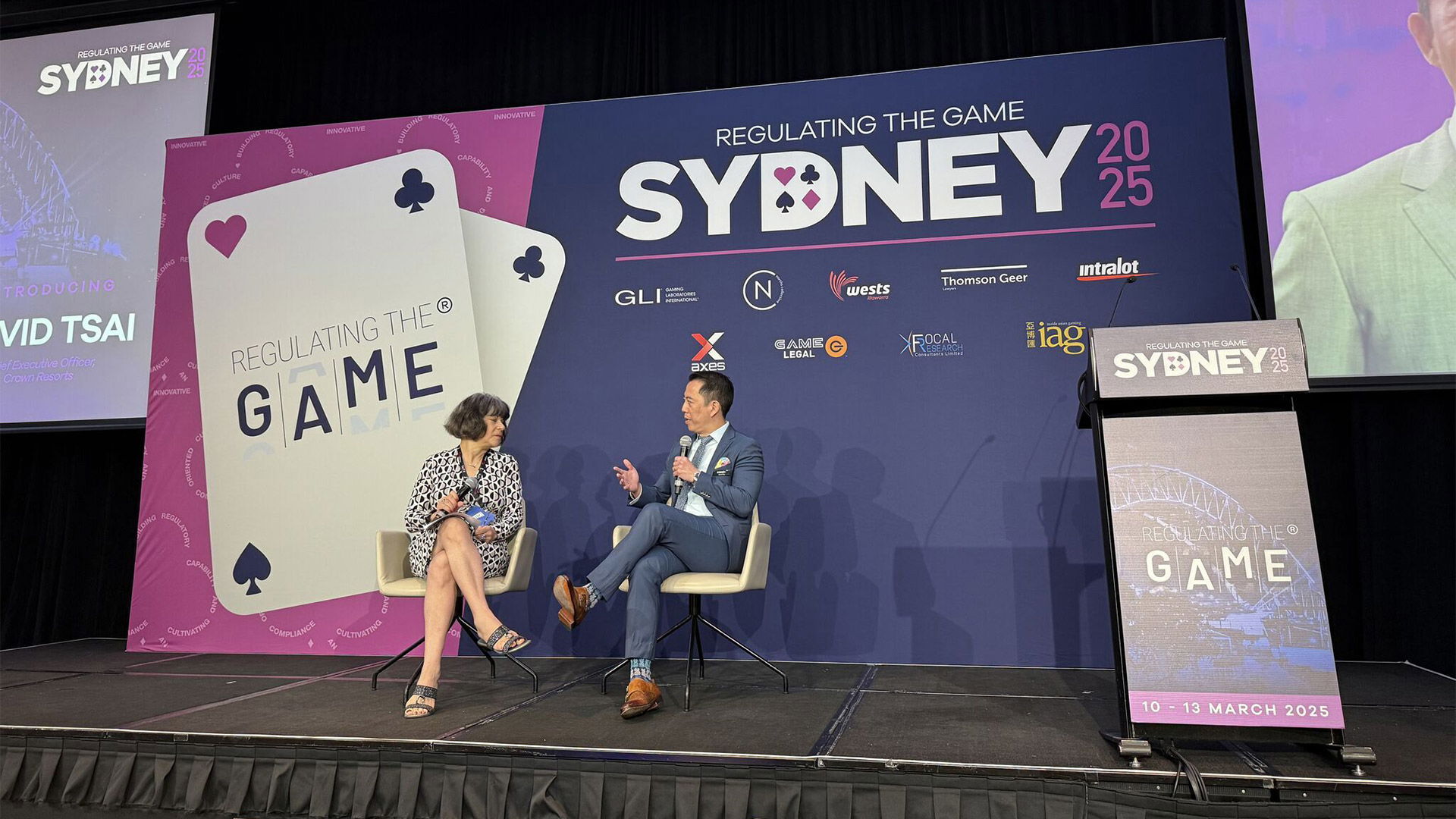Hong Kong Jockey Club to launch AI-powered horse racing customer experience

The Hong Kong Jockey Club (HKJC) is set to introduce a cutting-edge, AI-driven customer experience designed to revolutionize fan engagement in horse racing. This was announced during the Asian Racing Conference (ARC) in Sapporo, Japan.
Andrew Harding, HKJC’s Executive Director of Racing, highlighted the pivotal role of fan engagement in the sport's future, stating: “Fan engagement is no mere buzzword – it will determine our future.”
The upcoming digital experience will feature virtual key opinion leaders providing race tips, part of a broader strategy to integrate artificial intelligence (AI) into the sport.
Andrew Harding
Dennis Hau, HKJC’s Executive Director of Customer Strategy, Insights, and Innovation, elaborated on the club’s vision for this digital transformation. He described the goal as creating "the ChatGPT version of horse racing," an AI tool capable of predicting race outcomes based on comprehensive data analysis.
“It will have data from the back end to support it to become the best specialist for you to predict the race ahead,” Hau explained.
This AI-driven approach is part of the HKJC’s broader strategy to use data to retain existing customers and attract new ones. Hau emphasized the importance of this data-centric approach, noting, "Without data, without understanding our customers, we would be flying blind, we would only be able to provide a one-size-fits-all service."
Dennis Hau
In addition to these digital innovations, the HKJC is also preparing to launch a new restaurant at the Happy Valley racecourse. This venue is designed to offer an immersive experience, featuring a digital parade ring, AI-generated race cards, and augmented reality (AR) horse performance displays.
Hau described the upcoming launch as a “game changer,” aimed at elevating the entertainment value for customers, particularly younger audiences.
The ARC discussions also touched on the broader potential of gamification in horse racing. Racing New South Wales CEO Peter V’Landys highlighted the need to create engaging experiences that resonate with younger fans, who might not have early exposure to the sport.
He suggested that non-gambling-based games could serve as an effective introduction to horse racing for these audiences.




















































